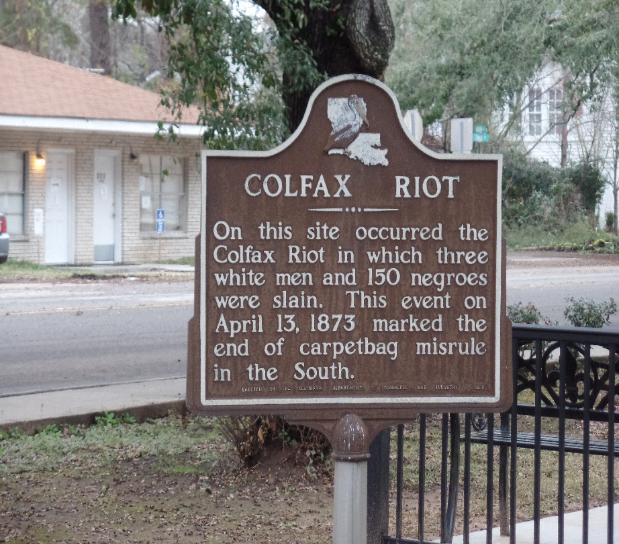Tea has been a bloodline trading business run by men for generations…until now. Tea rituals are a great way to bring meditation into your daily routine. Waiting for the water to boil, watching the tea steep, and taking in the…
LATEST NEWS
Wrestling is a great sport, but it seems to grapple itself into…
Legal Defense Fund attorney Jared Evans joins Lurie to discuss redistricting and…
Anita Hill recently delivered a moving speech about the importance of affecting…
Alabama lawmakers recently pushed through legislation that restricts learning institutions and other…
Sports
Dawn Staley was already of the one best coaches in all of…
It all started for Angel Reese after a loss. “I don’t fit…
The creators of The Sims video game recently announced a collaboration with…
As Women’s History Month continues to unfold, institutions around the world are…
The Tech Equity Collective Impact Fund recently announced the latest grantees for…
The House passed a bill Wednesday forcing social media app TikTok to…
Jonathan Majors has been sentenced to one year of counseling following his domestic violence conviction. When handing down the sentence, Judge Michael Gaffey noted…
Travel
In this video, the Passport Heavy crew embarks on a three-week adventure across Colombia! From the vibrant streets of Medellín to the serene beaches…
Food
At a very young age, restaurateur Javarius Gay learned the secret to success in the culinary industry: the importance of hospitality. “When I was 15 years old, I started working for a Culver’s ButterBurger franchise,” recalls…















































